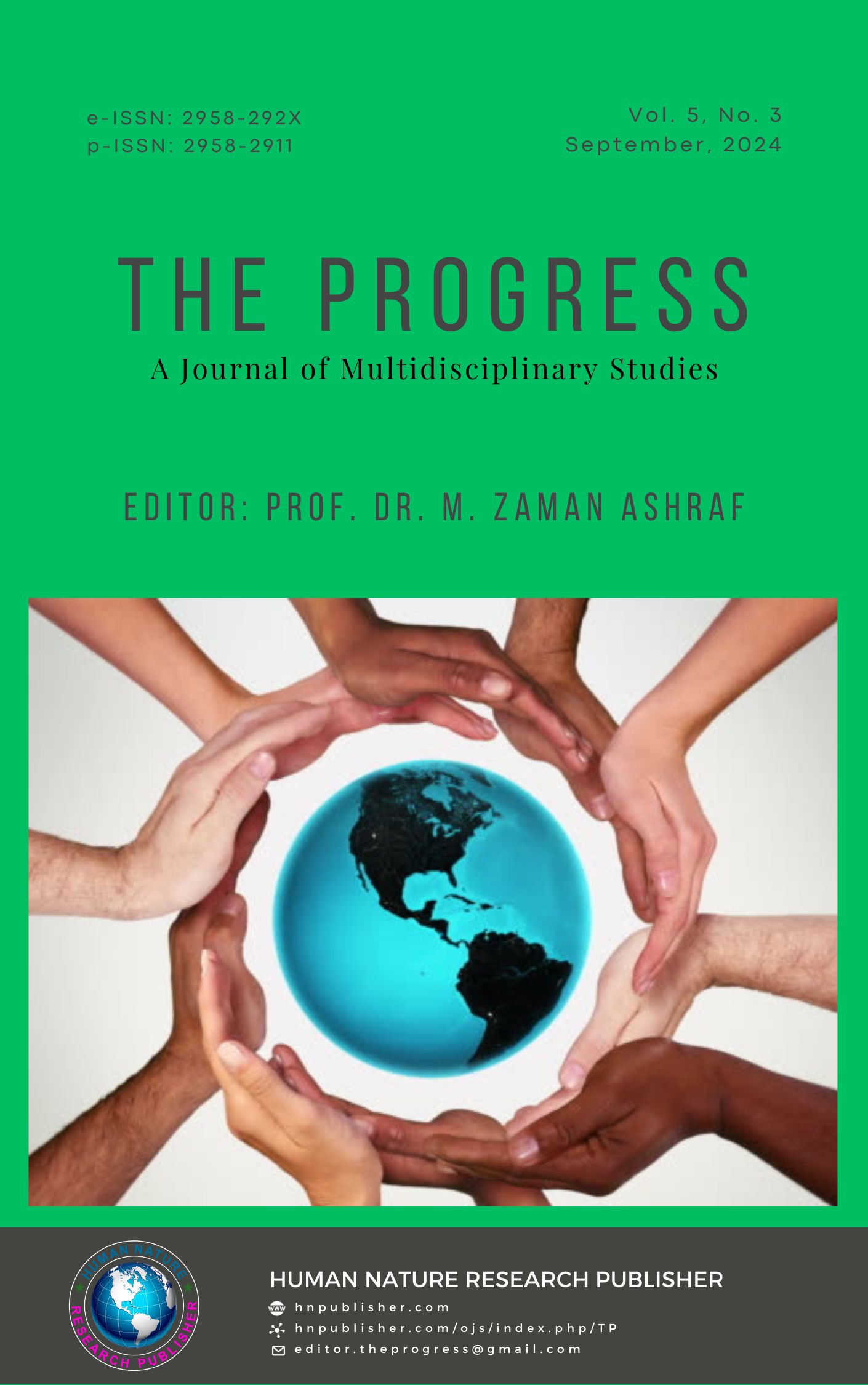Analysis of Disciplinary Problems in Primary Schools: Causes, Types, and Addressing Strategies in Onitsha North Local Government Area of Anambra State, Nigeria
DOI:
https://doi.org/10.71016/tp/gxzt9n87Keywords:
Discipline, Primary, Schools, Disciplinary Problems, StrategiesAbstract
Aim of the Study: This study investigates disciplinary problems in primary schools within the Onitsha North Local Government Area of Anambra State, Nigeria.
Methodology: Employing a descriptive survey design, data was collected from 230 primary five pupils in five randomly selected schools using a structured questionnaire. The study aimed to address three research questions: identifying major factors causing disciplinary problems, determining types of disciplinary issues, and examining strategies employed by school administration and teachers to address these problems.
Findings: Analysis revealed that peer group influence, neglect of parental advice, poor educational planning, misunderstandings about peer groups, and poor enabling environments were significant factors contributing to disciplinary issues. Common disciplinary problems included tardiness, juvenile delinquency, fighting, insulting teachers, and environmental influences. While organizing seminars and engaging students in class workouts were ineffective, promoting a reading culture emerged as an accepted strategy for addressing disciplinary problems.
Conclusion: These findings highlight the complex nature of disciplinary issues in primary schools and provide valuable insights for educators, policymakers, and stakeholders seeking to develop targeted interventions and improve the overall learning environment for students.
Downloads
Published
Issue
Section
License
Copyright (c) 2024 Ann Ngozi Ugobueze (Author)

This work is licensed under a Creative Commons Attribution-NonCommercial 4.0 International License.








